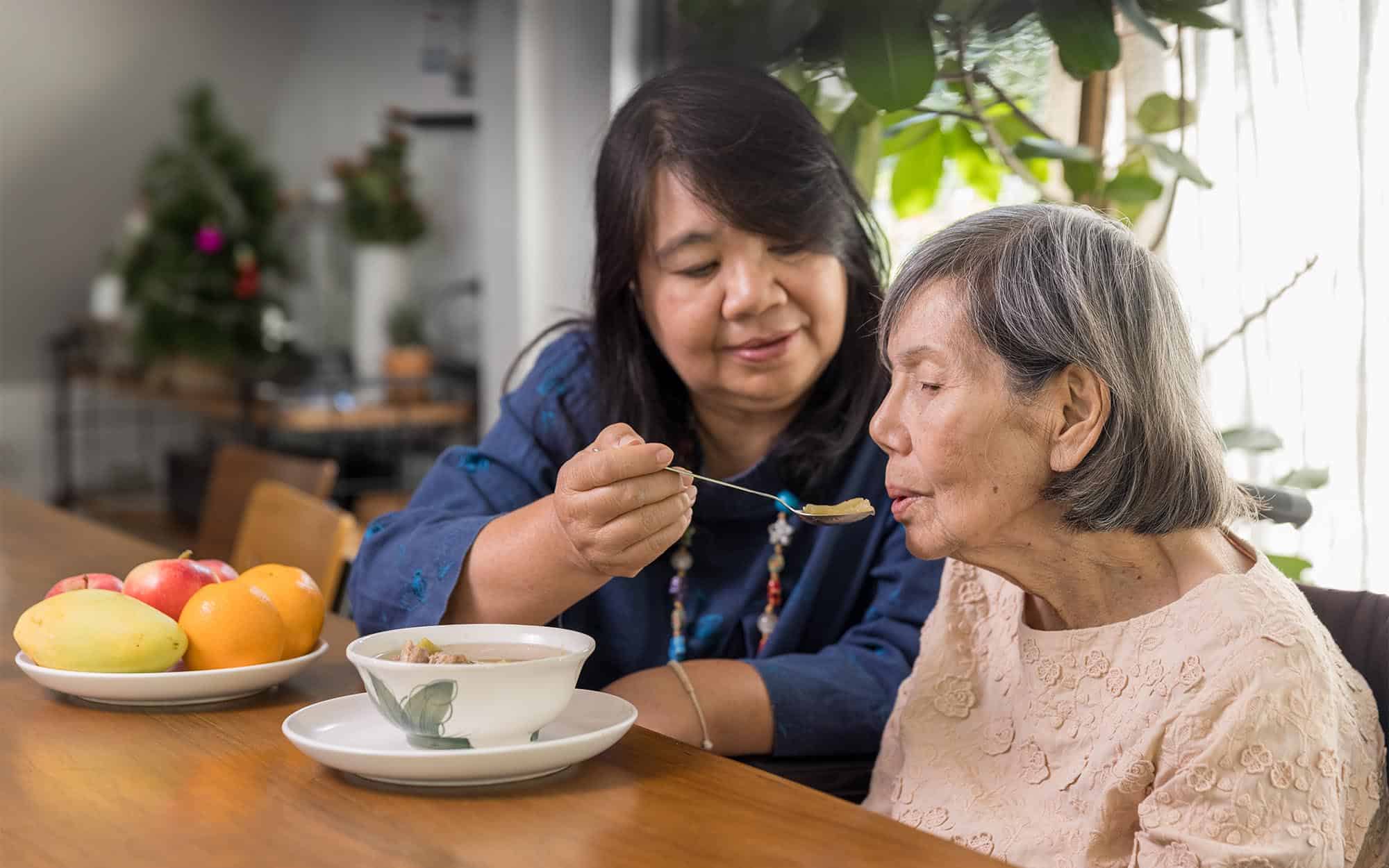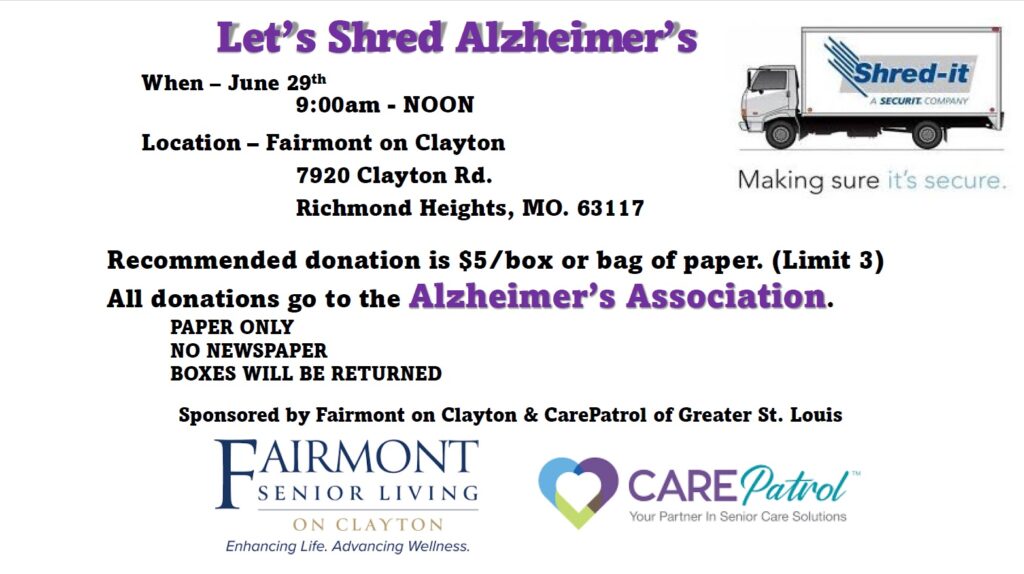Caregiver guilt is a natural and understandable emotion, but it’s essential not to let it overshadow the invaluable care and support provided to a loved one. By understanding the sources of guilt, adopting coping strategies, and seeking support when needed, caregivers can navigate the complexities of caregiving with greater resilience and compassion, ultimately enhancing their well-being and the quality of care they provide.
Read on to learn about how to manage caregiver guilt.
What Does Caregiver Guilt Look Like?
Many caregivers frequently grapple with unwarranted guilt, feeling as though they fall short in their duties to their loved ones. This sense of guilt can significantly amplify the already stressful nature of caregiving responsibilities. It begs the question: Why do caregivers experience such guilt despite the courageous and compassionate work they undertake?
Below are some common reasons for caregiver guilt:
Resentment for Personal Time Lost
Feeling resentment for the time lost on personal pursuits is a common sentiment among caregivers. It’s natural to feel like you’re missing out on other aspects of life when so much of your time is devoted to caring for someone else. However, caregivers often struggle with the notion that they shouldn’t experience these feelings.
Unresolved Issues
Frequently, unresolved issues from the past, whether rooted in childhood experiences or past conflicts, can impede the caregiving journey. It’s common for caregivers to experience feelings of guilt surrounding these unresolved issues.
Comparing Yourself to Others
It’s not uncommon for caregivers to observe another caregiver’s actions and feel inadequate, believing they could never achieve the same level of caregiving success.
Knowing Placement is Inevitable
When a caregiver faces the reality of having to transition their loved one to assisted living or a nursing home, it often brings about profound feelings of guilt.
Dealing With Your Own Issues
Caregivers might find themselves grappling with their own health issues or personal concerns, diverting their attention away from their caregiving duties.
Ways to Cope With Caregiver Guilt
Acknowledge it’
Guilt is a common aspect of human experience, often accompanied by emotions like resentment or anger. By recognizing and accepting these feelings, you pave the way for personal growth. While it’s important to appreciate your capacity to care for your loved one, it’s equally vital to remember that you’re only human, not a superhero.
Look at a Bigger Perspective
While you might be feeling overwhelmed by a current challenge, it’s essential to remember that this situation is temporary. Reflect on the sacrifices you’re making for your loved one and recognize the commendable job you’re doing.
Accept Your Flaws
It’s natural to make occasional mistakes—it’s part of being human. Some excel in the physical aspects of caregiving, while others are adept at managing the emotional toll. Acknowledge your strengths and avoid fixating on perceived shortcomings.
Make Time for You
While challenging, carving out time for yourself is essential. Even if it’s just an hour or two per week, engage in activities that bring you joy, whether it’s meeting a friend for coffee, watching a movie, participating in a caregiver support group, or simply indulging in a good book. Taking breaks allows you to gain perspective on your situation and recharge emotionally.
Deal With Unresolved Issues
At times, caregiving may involve tending to someone for whom we harbor resentment, stemming from various reasons. You have the option to confront and resolve these past feelings, enabling you to provide fair and compassionate care. Alternatively, you may opt to entrust the care of your loved one to someone else if you recognize that you cannot fulfill this role effectively. It’s crucial to contemplate this aspect if your history with the individual presents a challenge. Seeking guidance from a professional can aid you in making the optimal decision for both yourself and your loved one.
Know That You’re Making the Best Decision
Coming to terms with this can be challenging, particularly if you’ve previously made commitments to your loved one that you’re unable to fulfill. Changes in circumstances may necessitate breaking these promises, but it’s essential to understand that they were made under different conditions. Your decision-making is informed by the current situation, and you’re acting in the best interests of both yourself and your loved one given the new circumstances.
Ask for Support
Navigating this can be difficult, especially if you’ve made commitments to your loved one that you’re unable to uphold. Circumstances evolve, and fulfilling previous promises may not align with present realities. It’s crucial to acknowledge that these commitments were made in different contexts. Your decisions are shaped by the current situation, and you’re prioritizing the well-being of both yourself and your loved one amidst these changed circumstances.
Discover the common signs of caregiver stress, such as social, physical, mental.
Key Takeaways
Recognizing and addressing caregiver guilt is crucial for both the well-being of the caregiver and the care recipient. Additionally, there may come a time when transitioning to an assisted living community becomes necessary for the best interests of the individual receiving care.
Nestled just a short drive from downtown St. Louis, Missouri, Fairmont Senior Living on Clayton offers unparalleled Assisted Living and Memory Care services meticulously tailored to meet the unique needs of each resident. As a licensed Intermediate Care Facility (ICF), Fairmont on Clayton ensures that residents can gracefully age in place without the stress of relocating as their care requirements evolve. Within our community, residents cherish the familiarity of their secure apartment suites while being surrounded by supportive faces dedicated to their comfort and well-being.
At Fairmont on Clayton, we champion the belief that meaningful engagement is paramount to a fulfilling life. Embracing a Montessori-Inspired lifestyle, we empower residents to actively participate in decision-making, whether it’s choosing daily activities or selecting from a variety of delicious meals. By fostering independence and purpose, we strive to enrich the lives of our residents and create a vibrant, supportive community they are proud to call home. Contact us today to schedule a tour of our community.



